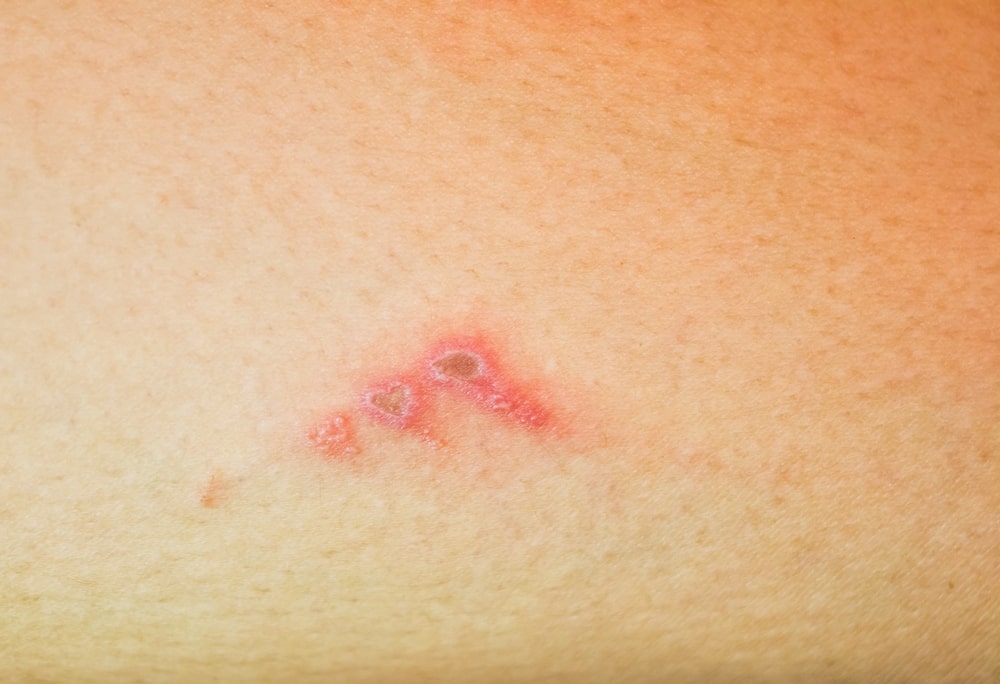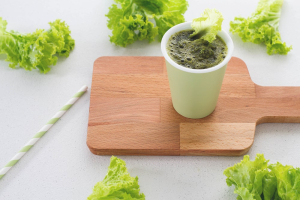Types of Impetigo: Bullous, Non-Bullous and Ecthyma

Impetigo is a common and highly contagious skin infection that primarily affects children but can also occur in adults. It's caused by bacteria, usually either Staphylococcus aureus or Streptococcus pyogenes. Impetigo can be uncomfortable and sometimes painful, but it's typically not serious and can be effectively treated with antibiotics. The infection is characterised by red sores that quickly rupture, ooze for a few days and then form a yellowish-brown crust.
Types of Impetigo
There are three main types of impetigo: bullous, non-bullous and ecthyma. Each type has its own distinct features and requires specific approaches to treatment.
1. Non-Bullous Impetigo
Non-bullous impetigo, also known as impetigo contagiosa, is the most common form of the infection. It usually starts with small red spots that quickly turn into blisters. These blisters then burst, leaving moist, red areas that ooze fluid and form a yellow or honey-coloured crust. The lesions are typically found around the mouth and nose but can spread to other parts of the body through scratching or contact.
Non-bullous impetigo is highly contagious and can be spread through direct contact with the sores or indirectly by touching items like towels, clothing or toys that have been contaminated with the bacteria. Good hygiene and avoiding close contact with infected individuals are key to preventing the spread of non-bullous impetigo.
2. Bullous Impetigo
Bullous impetigo is less common than non-bullous impetigo and is caused primarily by a toxin-producing strain of Staphylococcus aureus. This form of impetigo is characterised by large, fluid-filled blisters (bullae) that appear on unbroken skin, usually on the trunk or limbs. The blisters are initially clear but may become cloudy over time. After they burst, a thin, brown crust forms over the area.
Bullous impetigo is more common in infants and young children and while it may look more severe than non-bullous impetigo, it's usually not accompanied by fever or other systemic symptoms. As with non-bullous impetigo, maintaining good hygiene and avoiding contact with infected individuals is important to prevent the spread of bullous impetigo.
3. Ecthyma
Ecthyma is a more severe form of impetigo that penetrates deeper into the skin, affecting the dermis. It's often considered a complication of untreated or poorly treated non-bullous impetigo. Ecthyma is characterised by painful, pus-filled sores with a thick crust and surrounding redness. These sores can leave scars after they heal.
Ecthyma is more common in individuals with poor hygiene, malnutrition or a weakened immune system. It's also more likely to occur in warm, humid climates. Treatment for ecthyma typically involves oral antibiotics to address the deeper infection, along with proper wound care to prevent further complications.
Treatment and Prevention of Impetigo
The impetigo treatment at Morden, Streatham, Tolworth, Wandsworth, Wimbledon and Tooting depends on the type and severity of the infection. For mild cases, topical antibiotics such as mupirocin or fusidic acid may be sufficient. More severe or widespread cases may require oral antibiotics. It's important to complete the full course of antibiotics as prescribed to ensure the infection is fully eradicated.
To prevent the spread of impetigo, individuals with the infection should practice good hygiene, including regular handwashing and keeping the affected areas clean and covered. It's also important to avoid sharing personal items like towels, bedding and clothing with others. If someone in your household has impetigo, disinfecting surfaces and laundering items in hot water can help prevent the spread of the bacteria.
Get Expert Impetigo Treatment Now with Pearl Chemist Group
Impetigo is a common bacterial skin infection with three main types: non-bullous, bullous and ecthyma. Each type has its characteristics and requires specific treatment approaches. Good hygiene practices and prompt treatment are key to managing impetigo and preventing its spread. If you suspect you or your child has impetigo, it's important to seek medical advice to receive appropriate treatment and reduce the risk of complications.
Experience the convenience of healthcare at your fingertips with Pharmacy First. Pearl Chemist Group offers expert advice and impetigo treatment at all our branches in Morden, Streatham, Tolworth, Wandsworth, Wimbledon and Tooting. Don't wait, book your consultation today and take the first step towards better health.






